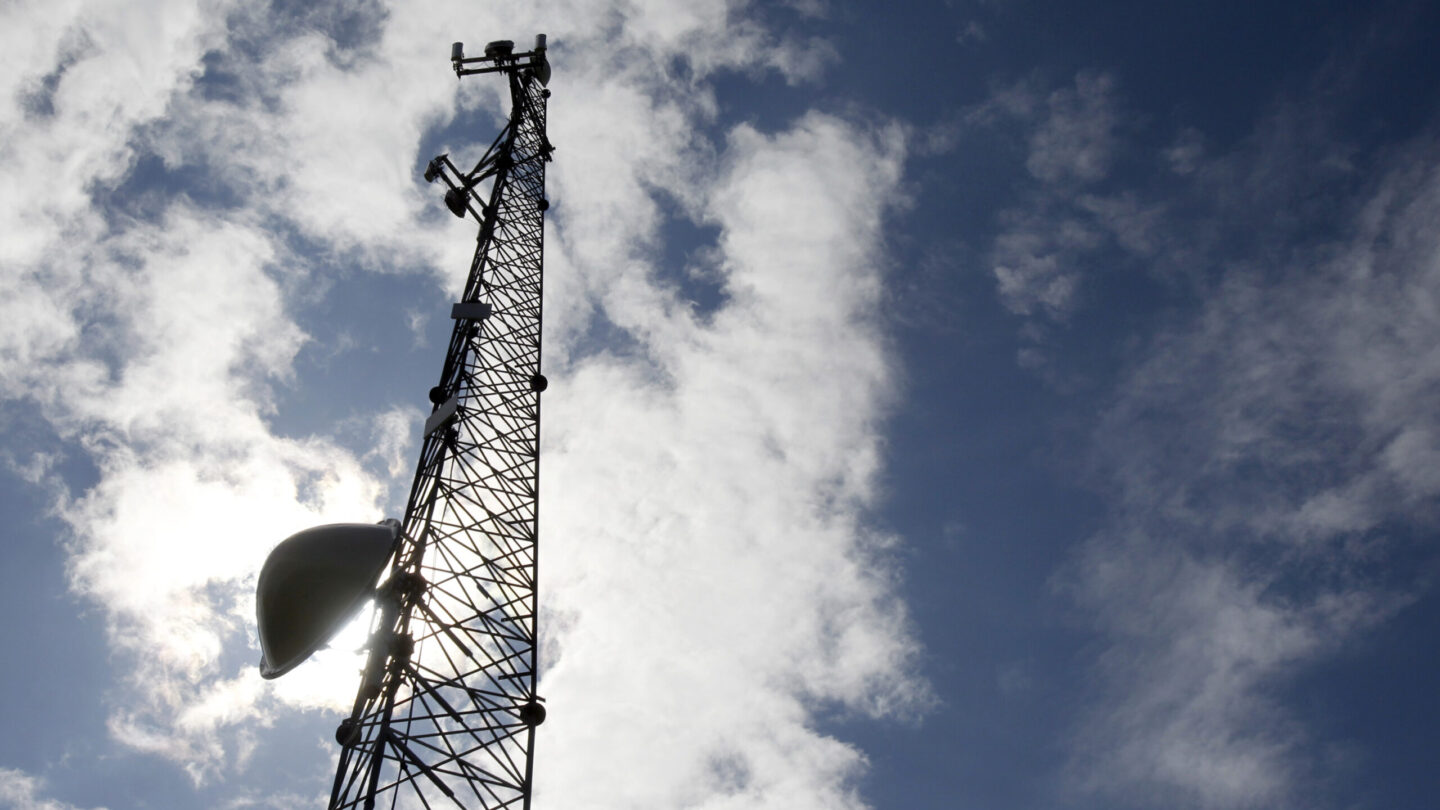More of rural Georgia may now be a step closer to getting better Internet access. The Achieving Connectivity Everywhere Act (SB 402) passed the Senate on March 29 and is now awaiting Governor Nathan Deal’s signature.
The biggest roadblock to connecting rural areas, however, is still funding.
Rural Broadband Bill
Senate Bill 402 directs the state’s Department of Community Affairs to map out what parts of the state are “unserved” and don’t have internet access. Lawmakers define “unserved” as 20 percent or more of locations in a census block not having internet access.
“The state can assess where [internet] is needed and roll it out should funding be made available,” said Todd Edwards, legislative director of the Association of County Commissioners of Georgia.
Edwards, whose group group that represents all 159 Georgia counties, said counties are optimistic about the bill’s impact.
The bill also allows the Georgia Department of Transportation to give up its rights of way for private investors to install fiber-optic cables along interstates and set up small 5G cellphone poles along state roads.
The bill’s sponsor state Sen. Steve Gooch said city and county governments will also be able to apply with the state for designation as “broadband ready communities,” Gooch said the designation will be helpful when determining where money should go.
The bill also states local governments could lose certification if it charges companies an “unreasonable amount” of more than $100 to apply for permits for broadband network projects.
It also looks to make the process uniform in terms of rates local governments charge broadband providers to install utility poles or other structures. It said the rates “shall be nondiscriminatory and shall not exceed the FCC rate” in unserved areas.
Funding
Currently, there’s no direct funding attached to the bill. Earlier versions of the bill and related bills proposed taxes on streaming video services such as Netflix and Hulu or communications taxes on cellphones and satellite TV to provide funding for the expansion of rural broadband.
Sen. Gooch said he hopes the state will fund expansion of rural broadband next year, because internet providers go to places where there are people.
“If you’re in downtown Atlanta, you have a lot of people living in that area, you have a higher rate of return,” Gooch said. “The more money you put into infrastructure, the more money you’re going to make. It’s just the opposite in rural Georgia.”
Industry Response
The bill is a good first step, said Brian Robinson, a spokesperson for the Georgia Cable Association. Its members include Charter, Cox and Comcast.
“There’s not an appropriation at this juncture so there’s still a lot to be determined,” Robinson said. “It’s about starting a partnership with industry, but there’s just more to be done.”
Robinson is also a WABE contributor. Scott Morris with the broadband provider Windstream said funding is crucial.
“Rural broadband deployment remains very expensive, and we believe Senate Bill 402 can be helpful, especially by establishing a state broadband fund and streamlining the permitting processes in Broadband Ready Communities,” Morris said. “However, there is no single silver bullet that will resolve this issue, so Windstream will continue to explore new ways to reduce broadband deployment costs.”
Congress did include $600 million for rural broadband in its latest spending bill. Sen. Gooch said he’s expecting some of that federal money to come to Georgia.
CORRECTION: This report has been updated to show that Windstream is a broadband provider.









